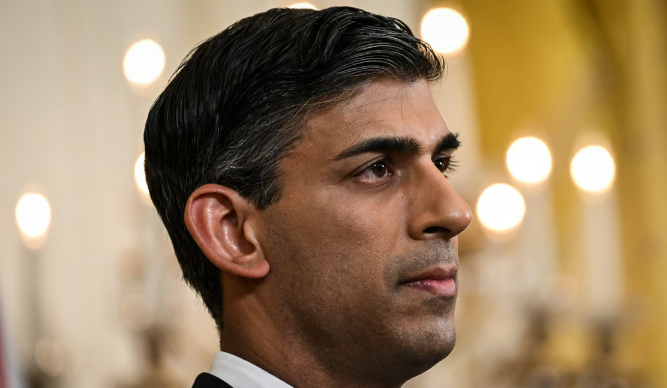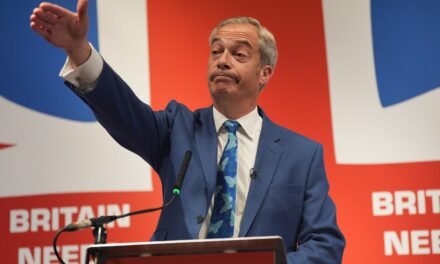Rishi Sunak recently confessed that he failed to recognize his former Downing Street colleague Dominic Cummings, citing his “bad eyesight” as the reason for the oversight.
The incident allegedly occurred during a chance encounter at a Westminster coffee shop. Witnesses reported that Sunak, engrossed in his double-shot espresso and economic strategies, failed to acknowledge Cummings, who was waving frantically from the adjacent table.
Sunak, known for his meticulous attention to detail in budget matters, explained the mix-up by attributing it to his purportedly “terrible eyesight.” In a press conference, he defended himself, saying, “I have a lot on my plate, and sometimes my eyesight plays tricks on me. I thought I was just waving back at a blurry figure in the distance.”
Cummings, the mastermind behind the infamous Durham trip during lockdown, seemed unfazed by the incident. “Maybe my influence was too ‘blurry’ for the Prime Minister’s sharp focus on economic recovery,” he quipped on social media.
Critics, however, are skeptical of Sunak’s excuse, with some suggesting it might be a clever political move. “Claiming bad eyesight to avoid acknowledging Cummings? That’s a level of strategic vision we hadn’t considered,” joked one political commentator.
As the news circulated, the Prime Minister’s office released a statement, assuring the public that Sunak has booked an appointment with an optometrist to address his eyesight concerns. “We want to ensure that the Prime Minister can clearly see the economic challenges ahead, and of course, recognize his colleagues,” the statement read.
In the ever-entertaining world of British politics, it seems even eyesight can become a convenient scapegoat for political perplexities.
















